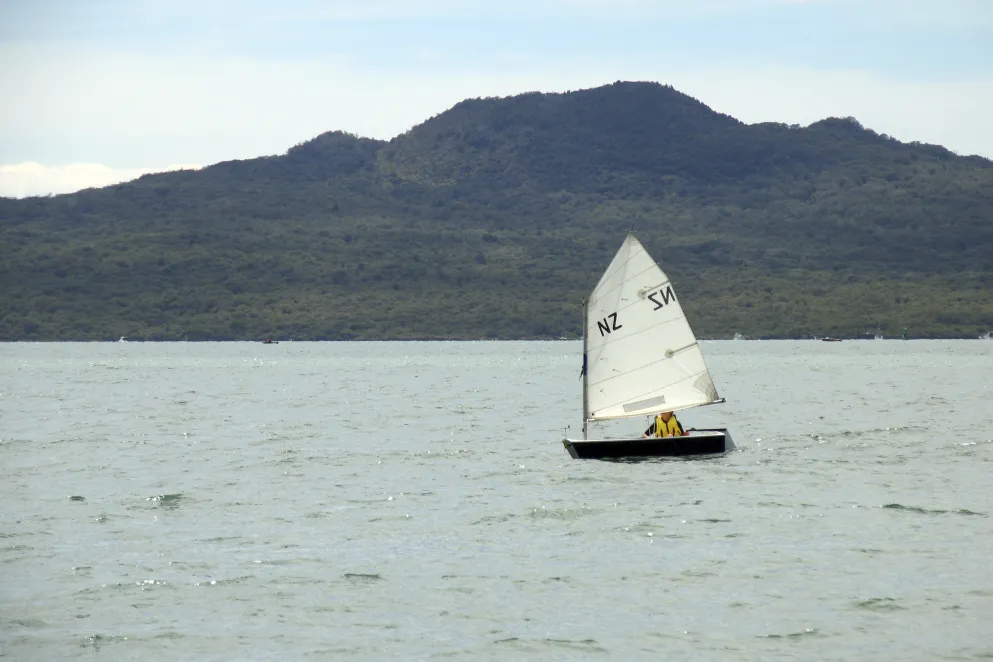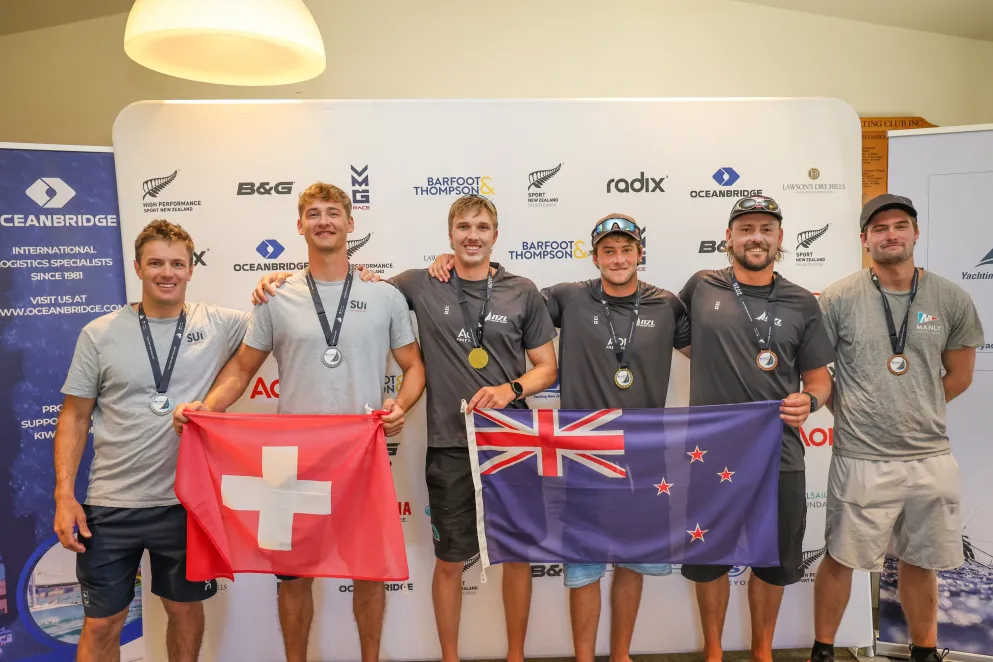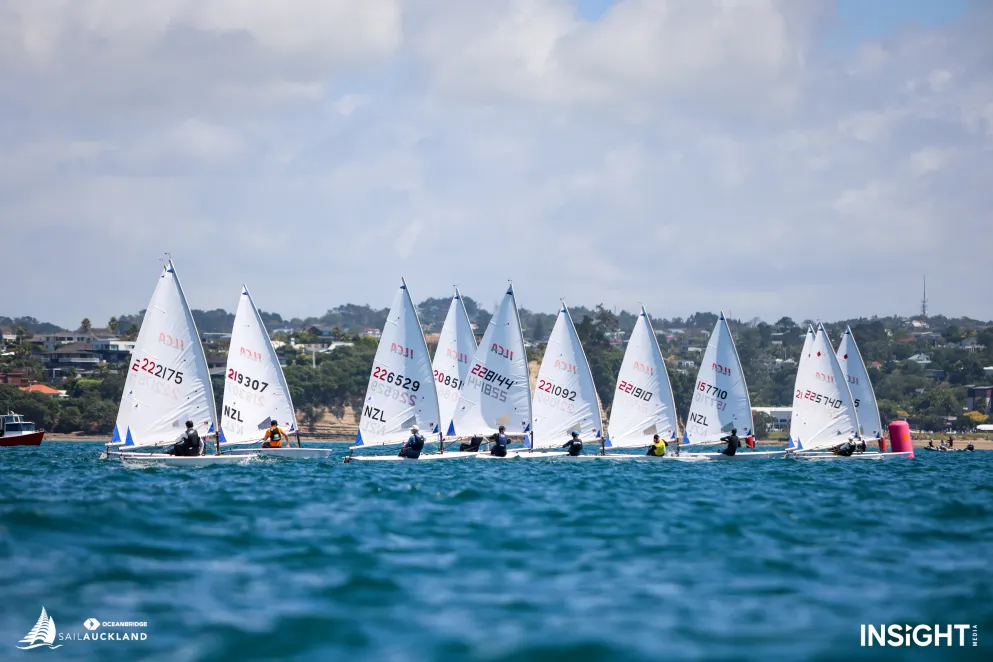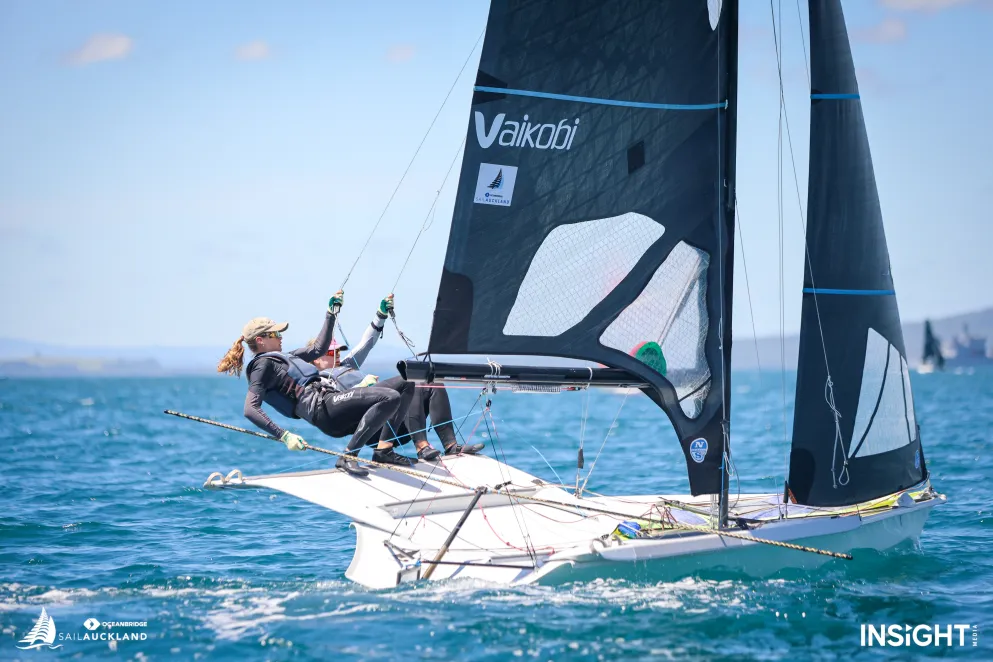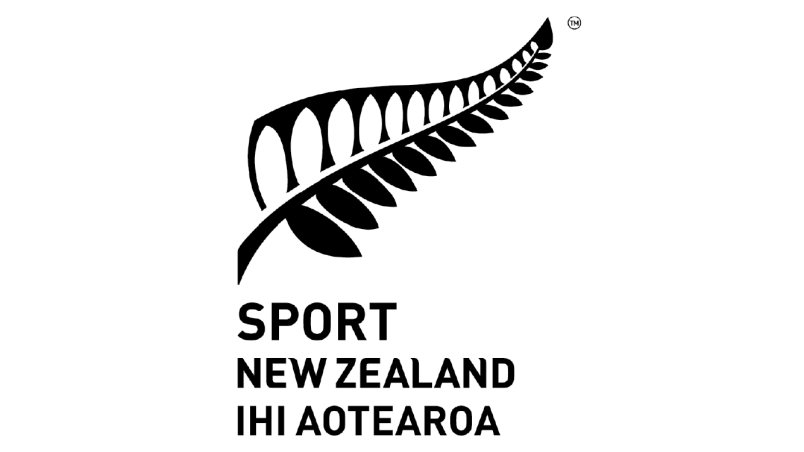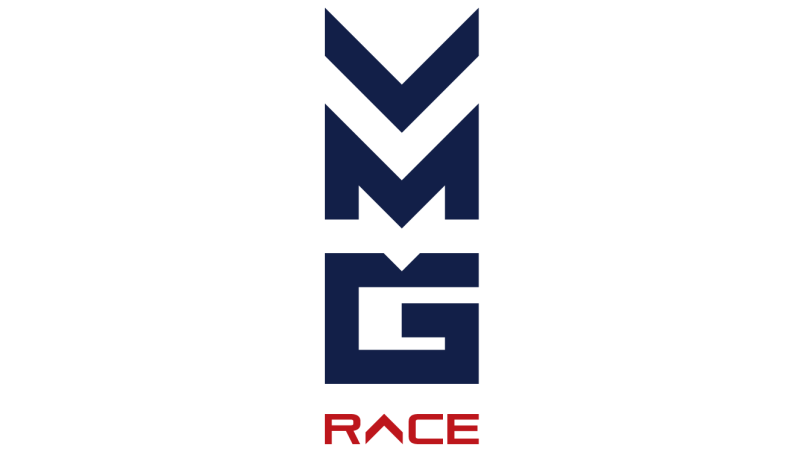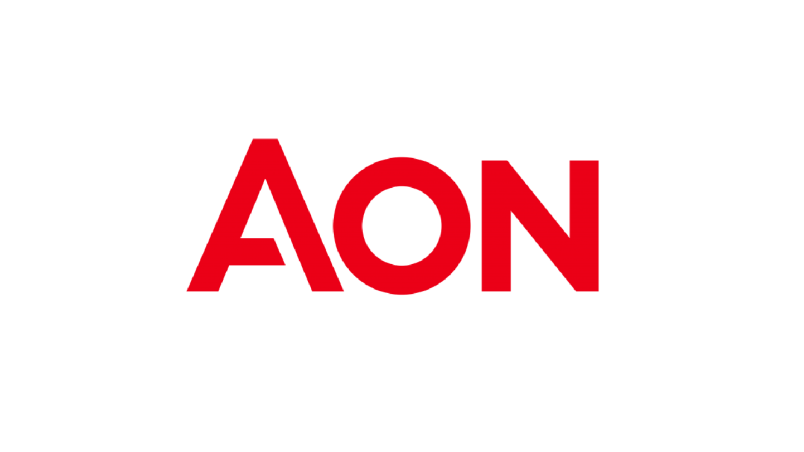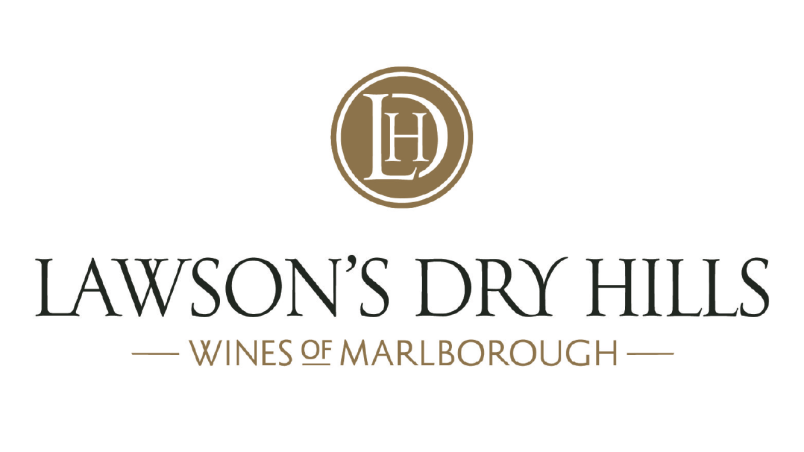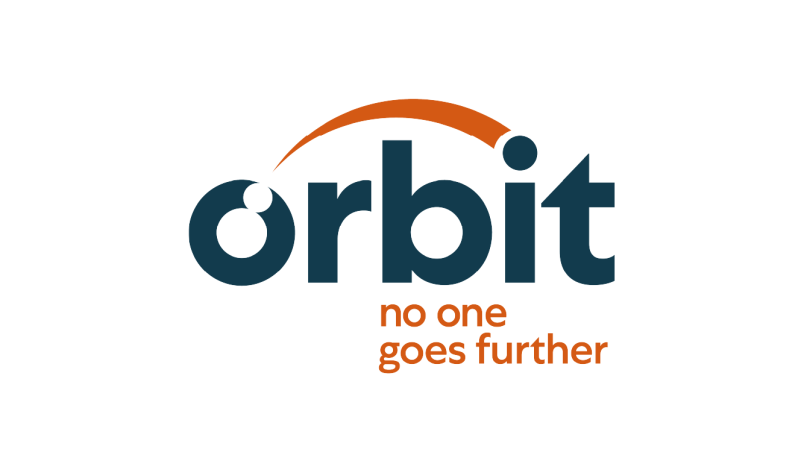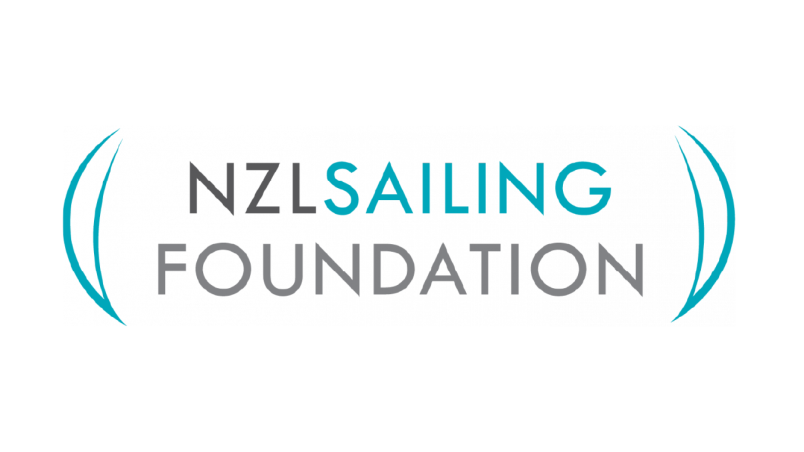Changes at AGM signal start of new era for Yachting NZ
The 2023 Yachting New Zealand annual general meeting signalled the start of an exciting new era for the organisation, with the adoption of a new constitution and some fresh faces (and one familiar face) joining the team.
The AGM, held online last week, saw several significant amendments made to the constitution to ensure it complies with the Incorporated Societies Act 2022.
The act, which comes into effect next year and will replace legislation put in place in 1905, will see organisations - including yacht clubs - transition to best practice and a modern governance structure.
By making these changes to its regulations, Yachting NZ has become one of the first national sports organisations (NSOs) in the country to comply with the act.
"Yachting New Zealand has spent a lot of time working in conjunction with Sport New Zealand, to meet the requirements of the new act," said Yachting New Zealand chairperson Ross Blackman.
"Many, if not all, yacht clubs will soon have to do the same and will now have a template to use when updating their own documentation."
As part of the modernising of the constitution, Yachting New Zealand will also no longer have a president, a largely ceremonial role which in recent years has been filled by the chairperson on the board of directors.
"Moving forward with only a chair accurately reflects the role and responsibilities and is in line with modern trends globally," said Blackman, who has retired after three years as board chair and president.
In announcing his departure, Blackman said the governance of Yachting New Zealand continued to be in very good hands and he thanked the entire team at Yachting New Zealand led by chief executive David Abercrombie, national sport development director Raynor Haagh and high performance director Ian Stewart.
Blackman said the sport now presented many more opportunities for people to have a meaningful life in the sport – from sailors, coaches and race officials to sailmakers, brokers, designers and more.
It was important to keep in mind, though, that it all started on the beach, sailing Optimists at events run by volunteers, he said.
Sarah Meikle and Viki Moore were also stepping down from the board after nine and six years, respectively. Greg Knowles, Sarah Bacon and Nicola Harrison were elected to replace the three departing board members, while John Butcher was re-elected unopposed for another three-year term.
Bacon is a lawyer, business owner, and mother of three sailors while Harrison is a senior project management professional, an active sailor, and a strong advocate for increasing women's and girls’ participation in sailing.
Knowles is no stranger to Yachting New Zealand, having first joined the board a decade ago.
A former Yachting New Zealand chairperson, he returns to the board after a three-year absence. He has been a partner at KPMG for the past 23 years, a role which he will retire from at the end of this year, and has sailed everything from a P Class to Olympic classes during the 1988 and 1992 Games.
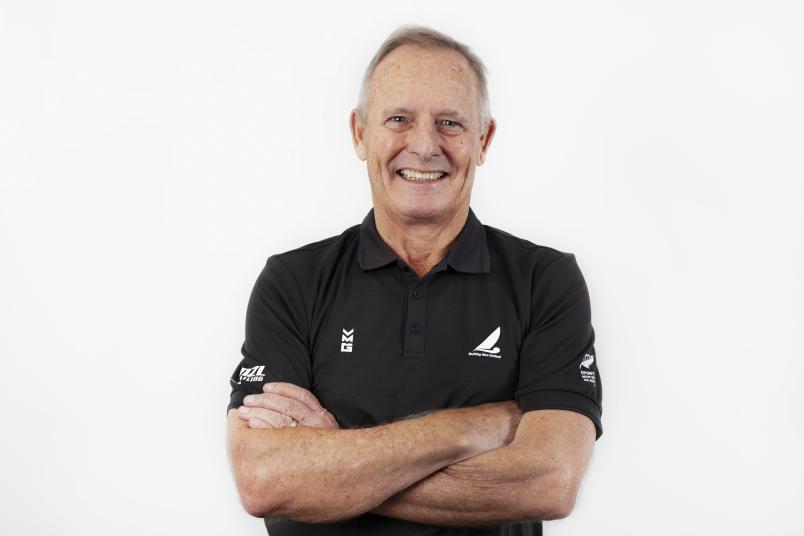
Abercrombie thanked Blackman, Meikle and Moore for their “enormous contribution” over the years.
“It has been another challenging year with adverse weather events affecting many, but the resilience shown by members again shone through,” Abercrombie said.
“These occurrences are a timely reminder to be prepared, and that includes having appropriate insurance cover, as demonstrated by Mercury Bay Boating Club and Milford Cruising Club who both received significant assistance from Aon over the past 12 months.”
Abercrombie said he hoped this season would see a return to normal operations but stressed the effects of climate change couldn’t be ignored.
He said some of the highlights from the past year were the return of the Club Conference to its in-person format and seeing the growing number of young people taking up leadership positions at clubs, as well as the growth of the RŪNĀ schools programme.
